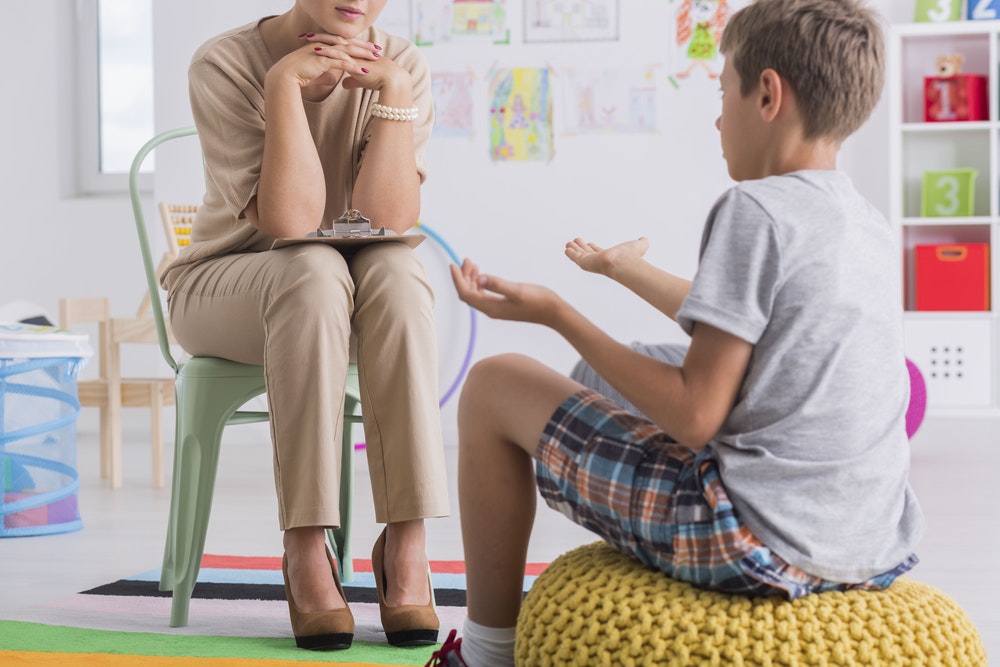Advice for parents on when and how to get your child evaluated for a learning disability.
Many students suffer from learning disabilities. The National Institute of Health estimates that 4.6 million students nationwide have been diagnosed with a learning disability -- and that’s just the number of students that have been diagnosed. Children who are affected by learning disabilities can have a very difficult time in traditional school systems and often benefit immensely from personalized support. It’s not always easy for parents to know when to seek help and what options they have. Read on for information about learning disability evaluation for your child and determining which type of evaluation is right for you.
When should I evaluate?
Many children struggle in school at one point or another, but it doesn’t always mean they’re affected by a learning disability. So how do you know if it’s worth evaluating your child for one? There are a few signs to watch for, and if you’re noticing a high frequency of the following indicators it may be time to talk to a professional.
- Extreme problems focusing
- Impulse control issues
- Late development in association with standard age-appropriate activities
- Inability to complete tasks and follow directions
- Significant lack of coordination
- Consistent hyperactivity and restlessness
What does the evaluation process look like?
When your child is evaluated for a learning disability, the process generally follows a standard procedure regardless of where you decide to carry out the testing.
- Examination. The evaluator will first examine the child to rule out physical issues, such as hearing and vision problems, as the cause of the student’s struggles.
- Interviews. They will interview the student, teachers, and you to get a good sense of present issues from all angles.
- Review. Academic records and notes, including performance on school work and behavioral notes, will be reviewed.
- Observation. A trained professional will observe them in their standard learning environment and in a non-academic environment (such as on the playground), taking note of any behaviors or patterns that may be relevant to a diagnosis.
The entire process can be lengthy, taking anywhere from a few hours to multiple days, depending on how much information they have access to during the evaluation.
School vs. private evaluations?
Parents who would like to have their child evaluated have the option of working with private or school-provided evaluators, and it's important to understand how they differ before making a decision about which to work with. Understood.org recently published an informative article outlining the pros and cons of each option. Here are the basics you should know:
School Evaluations:
- Public schools are required by federal law (the Individuals with Learning Disabilities Act, or IDEA) to provide an evaluation if you believe your child may be suffering from a learning disability.
- Parents who wish to request an evaluation may do so in writing. Some schools may also require an additional form.
Policies surrounding this procedure are formed at the state level and may differ, so read up on your state laws prior to requesting.
- School-provided evaluations will most often be administered by an evaluator selected by the school. In some situations, such as if your child’s school does not have the resources to provide the test adequately, the school may be required to pay for a private evaluator.
- When testing is administered by the school, the results of the test will stick with the student on their academic record.
Private Evaluations:
- Hiring a private evaluator can potentially help children feel more comfortable as they aren’t surrounded by their peers. Rather, these evaluations take place in private settings, such as an office, and often allow for more undivided focus from the tester.
- Private evaluations are generally paid for by the person being tested. If you want to hire a private evaluator yourself, either for an initial evaluation or a second opinion, costs may vary. In certain cases, schools may be required to pay for a private evaluator (see above).
- Because they are not associated with your child’s school, they may not have access to all of the observation opportunities that school-provided evaluators have, meaning potentially relevant information could be missed. They are often more reliant on information provided through records and interviews with the parents and student, which they have easier access to.
Deciding whether to work with a public evaluator through your child’s school or to hire a private individual is up to you as a parent. Before making any decisions, be sure to thoroughly weigh the pros and cons of each option to determine what will be most appropriate for your child. In the end, the most important thing is to ensure your child receives the help they need. So if you notice repetitive behaviors and patterns that may indicate a learning disability you should take swift action. The earlier a child with a learning disability is diagnosed, the more they can benefit from quick intervention by receiving the support they need.
For more tips on how to help your child reach their full academic potential, join Clark today and follow along with the blog.

